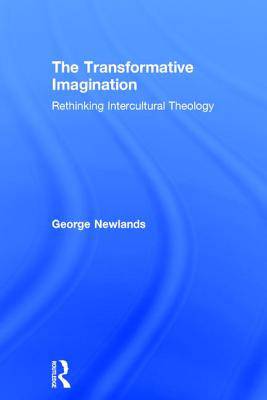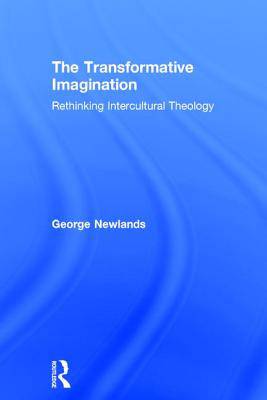
Bedankt voor het vertrouwen het afgelopen jaar! Om jou te bedanken bieden we GRATIS verzending (in België) aan op alles gedurende de hele maand januari.
- Afhalen na 1 uur in een winkel met voorraad
- In januari gratis thuislevering in België
- Ruim aanbod met 7 miljoen producten
Bedankt voor het vertrouwen het afgelopen jaar! Om jou te bedanken bieden we GRATIS verzending (in België) aan op alles gedurende de hele maand januari.
- Afhalen na 1 uur in een winkel met voorraad
- In januari gratis thuislevering in België
- Ruim aanbod met 7 miljoen producten
Zoeken
€ 76,45
+ 152 punten
Omschrijving
At the beginning of the twenty-first century there is an increasing tendency to retrenchment within the Christian churches and among other world religions. Religious fundamentalisms are on the increase. In Europe, at least, there is an accelerated decline in church membership. In theology there is a corresponding move away from addressing basic theological issues in the contemporary world, towards increasingly technical interpretation of historical tradition. This book draws on the strengths in classical liberal traditions in theology, augmented by other perspectives, to present a creative proposal for the future of theology and society. George Newlands explores the nature, scope and limits of an intercultural Christian theology, setting out a working model for a new open theology which relates theology and culture. Contributing to the cumulative effort to re-imagine faith in the contemporary world, a focus on the Christian understanding of God lies at the heart of this book. Exploring the interface between theology and particular cultural activities, The Transformative Imagination engages with politics, literature, philosophy and other humanities, and the natural sciences. The relationship between theology and the social and geographical sub-cultures which characterize human life, is explored through diverse examples which make connections and initiate dialogue. Connecting Christian theology and human rights, religion is seen to link constructively with some of the most intractable problems in contemporary global conflicts of interest. Theology is re-situated as a team player, a catalyst to facilitate dialogue in contrast to triumphalist theologies of the past.
Specificaties
Betrokkenen
- Auteur(s):
- Uitgeverij:
Inhoud
- Aantal bladzijden:
- 206
- Taal:
- Engels
Eigenschappen
- Productcode (EAN):
- 9780754638278
- Verschijningsdatum:
- 22/11/2004
- Uitvoering:
- Hardcover
- Formaat:
- Genaaid
- Afmetingen:
- 156 mm x 234 mm
- Gewicht:
- 467 g

Alleen bij Standaard Boekhandel
+ 152 punten op je klantenkaart van Standaard Boekhandel
Beoordelingen
We publiceren alleen reviews die voldoen aan de voorwaarden voor reviews. Bekijk onze voorwaarden voor reviews.








